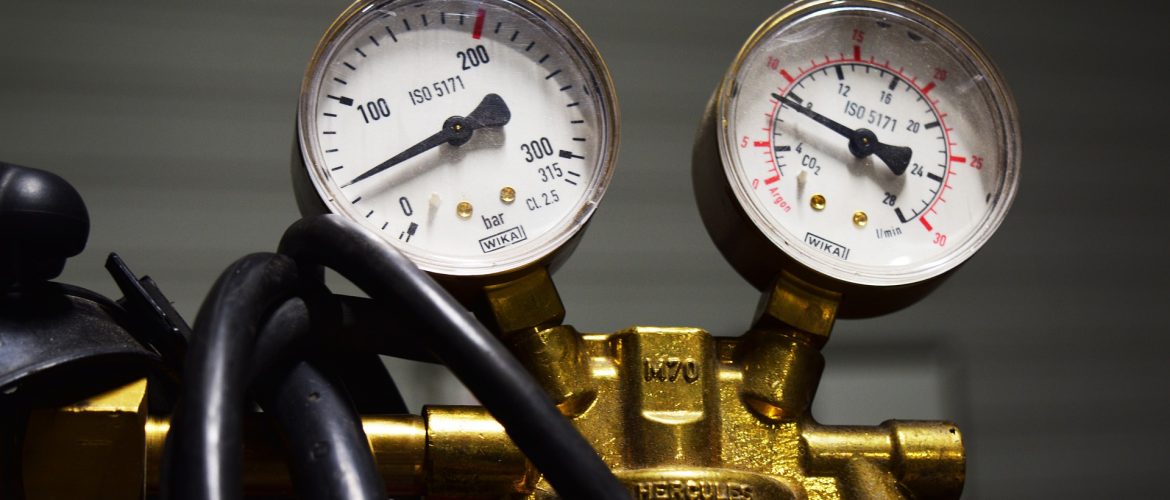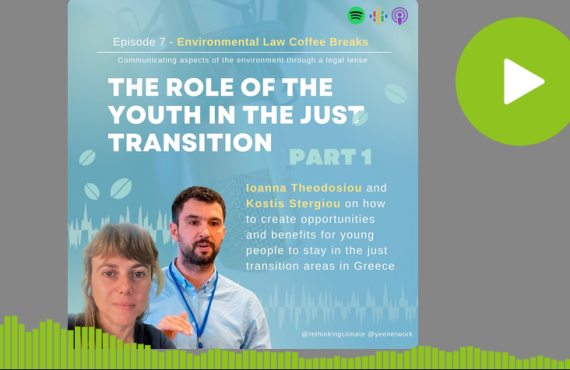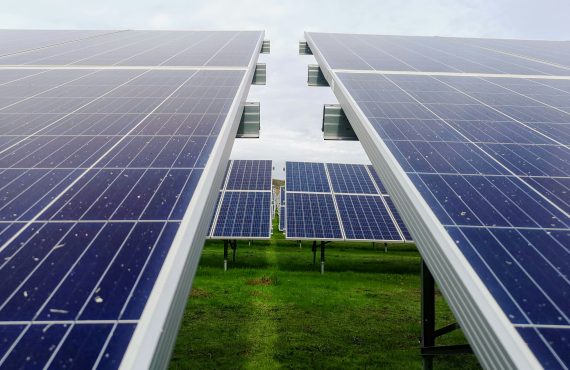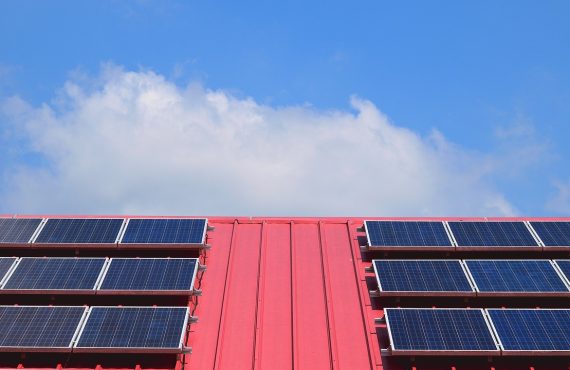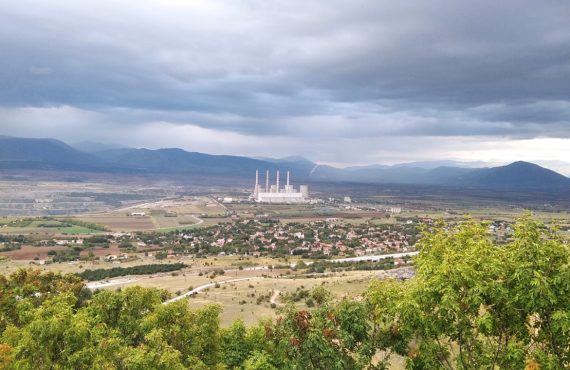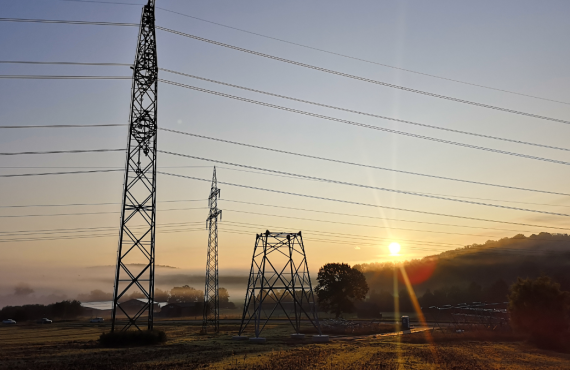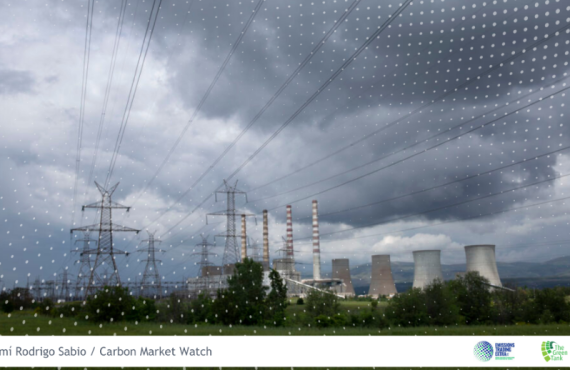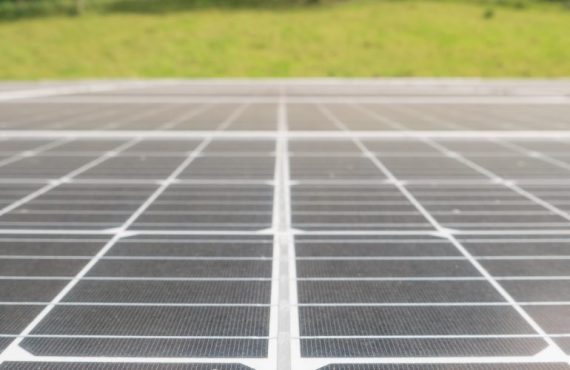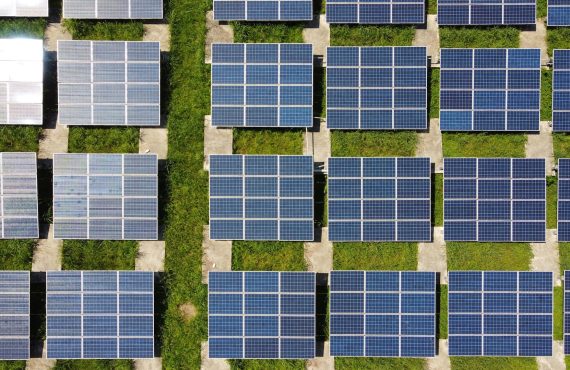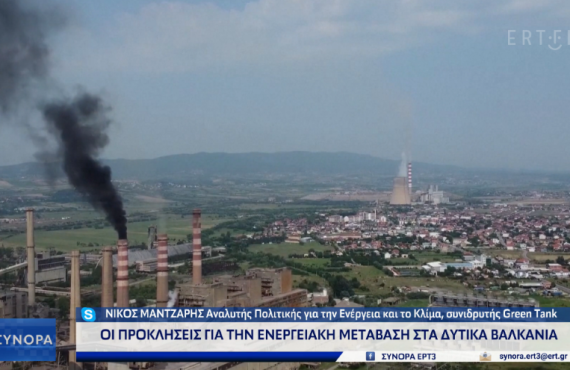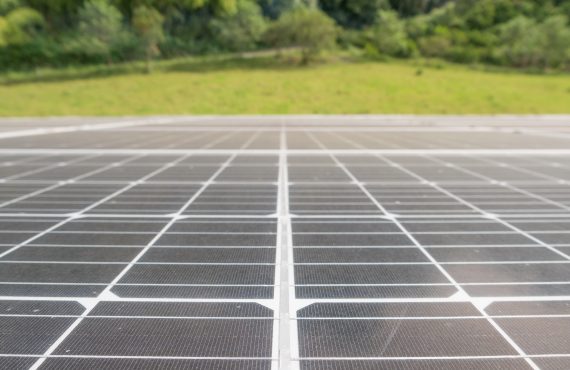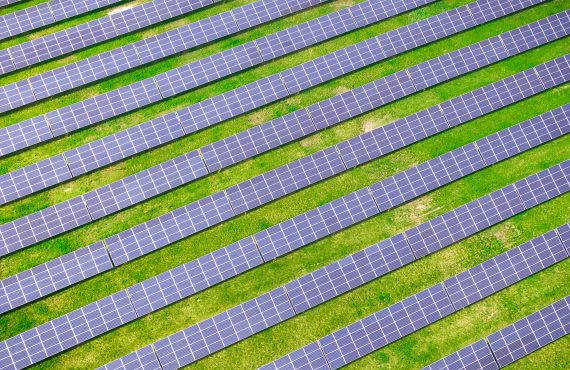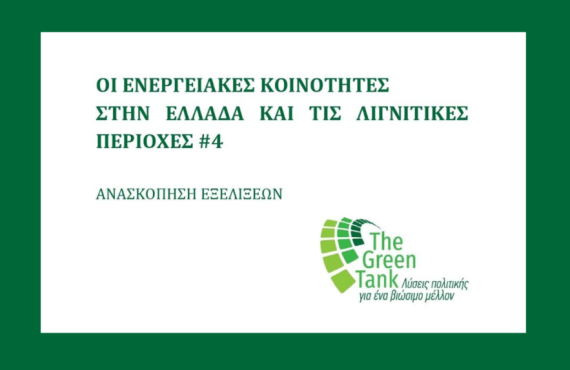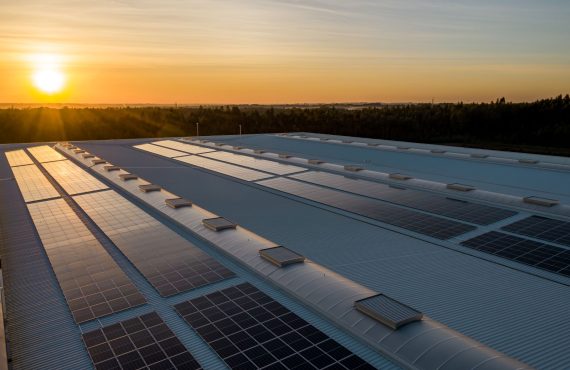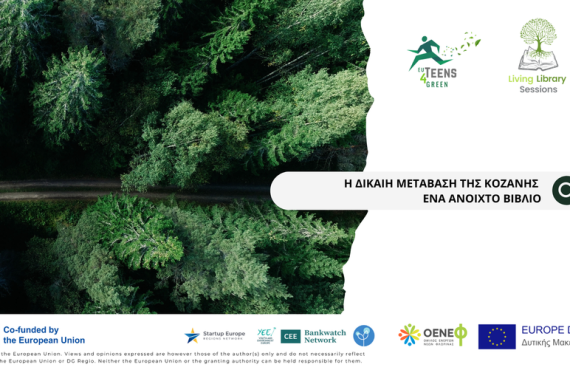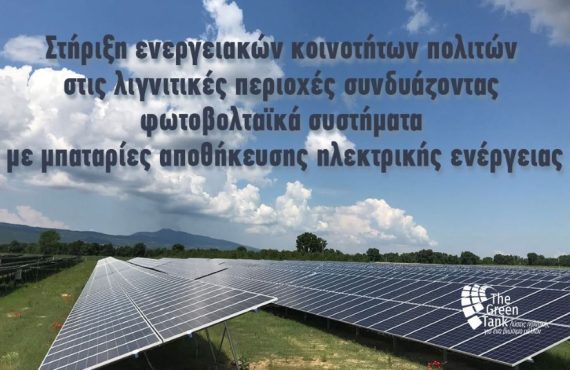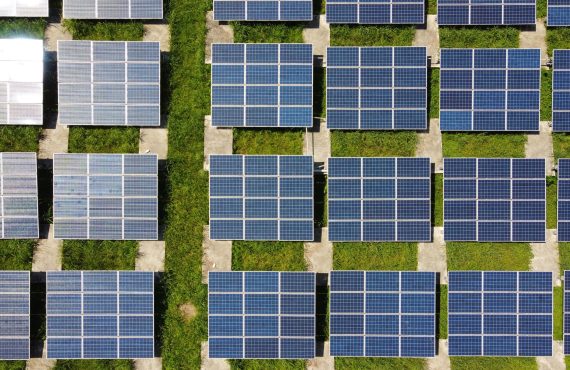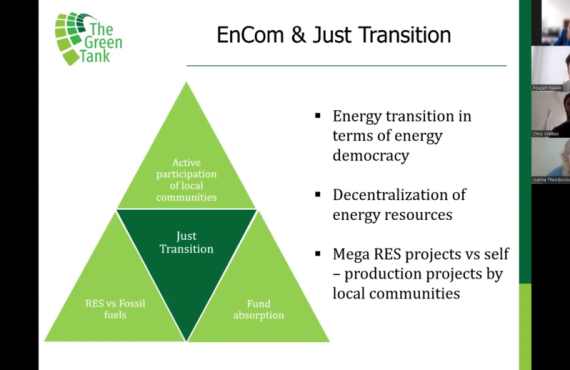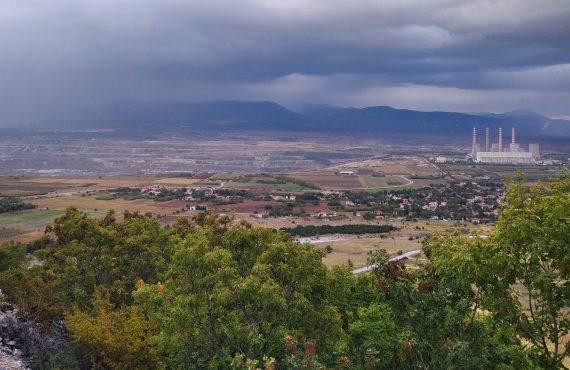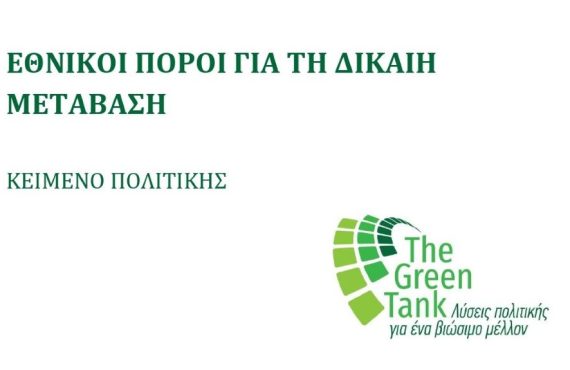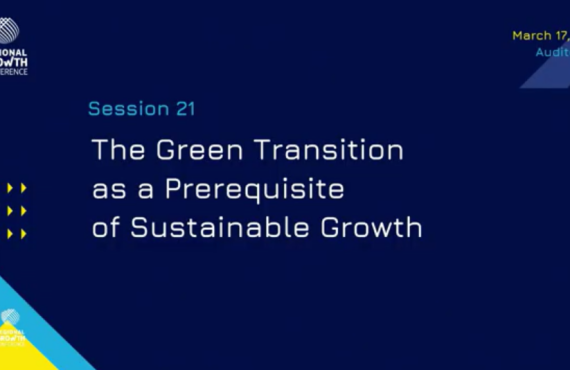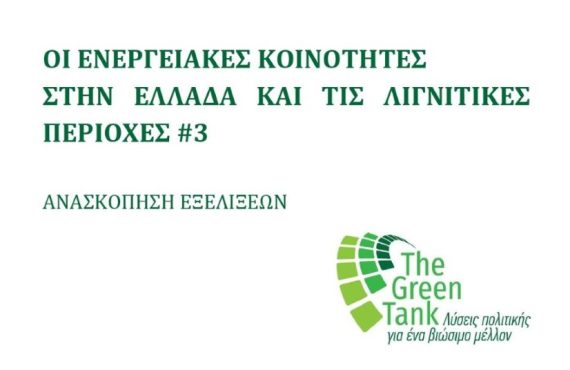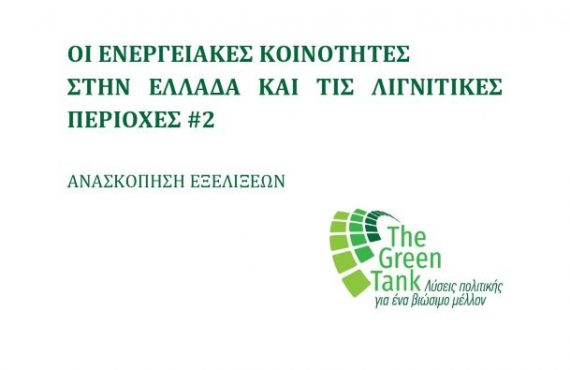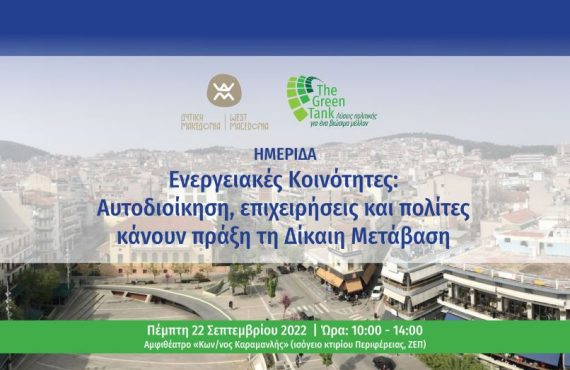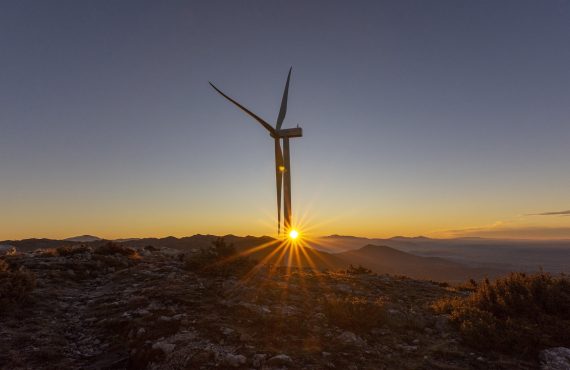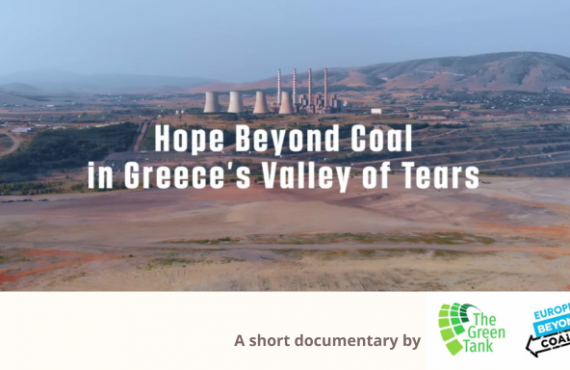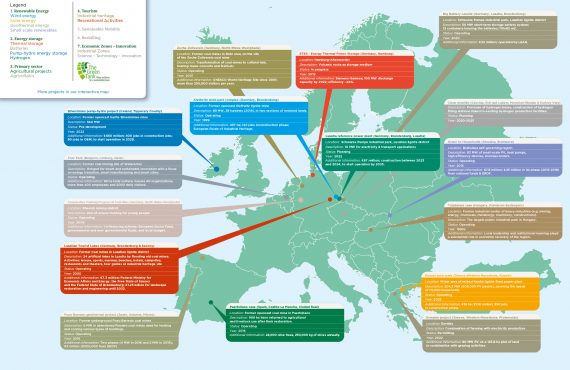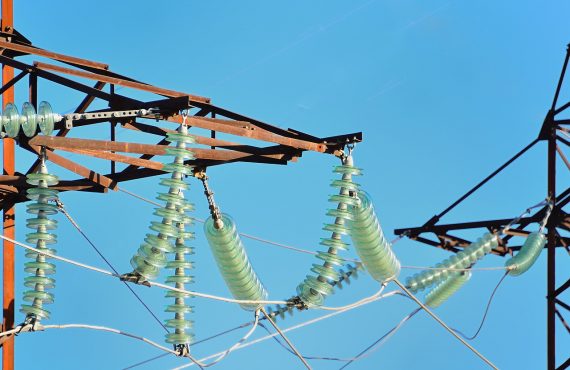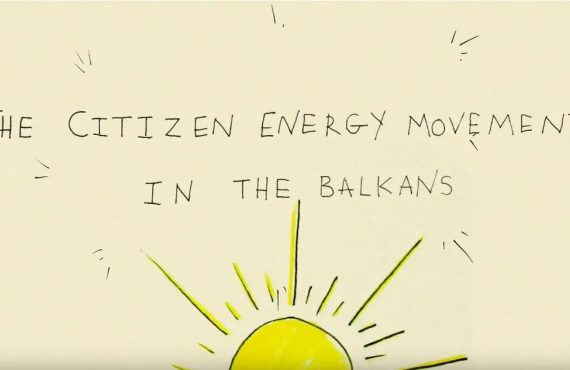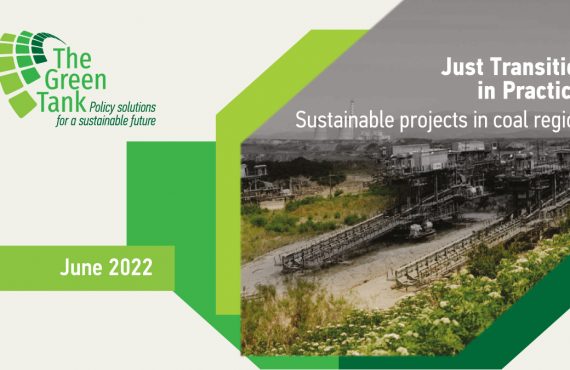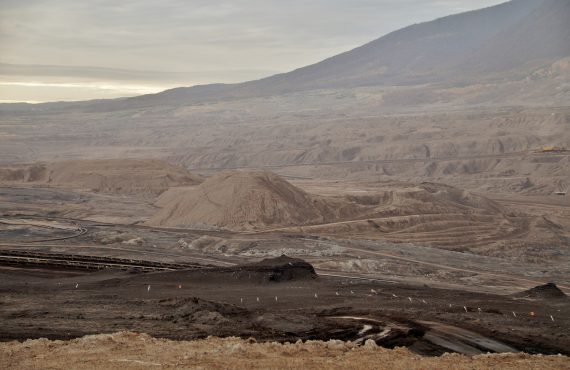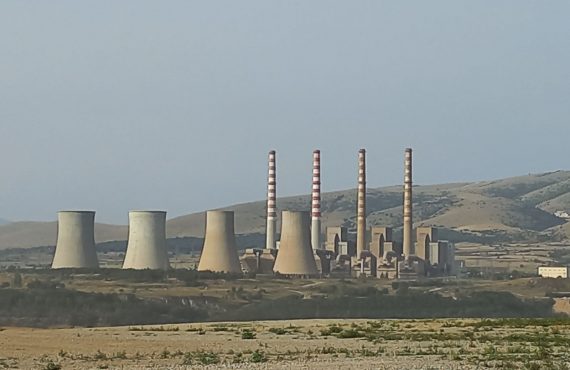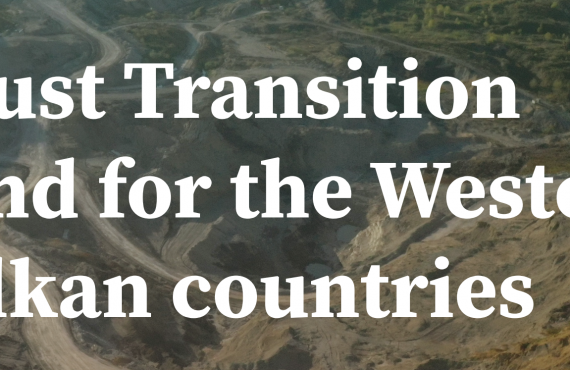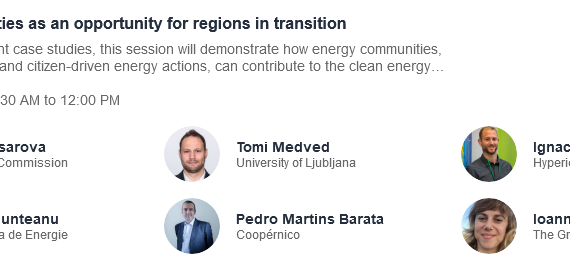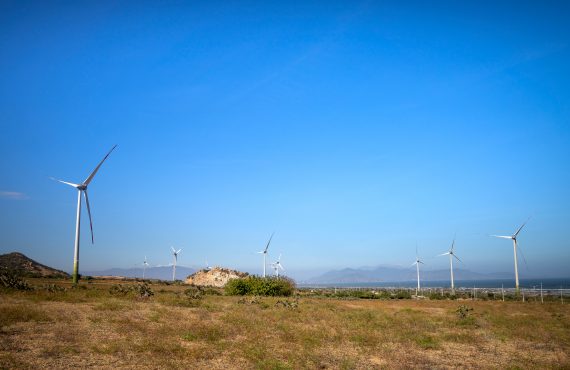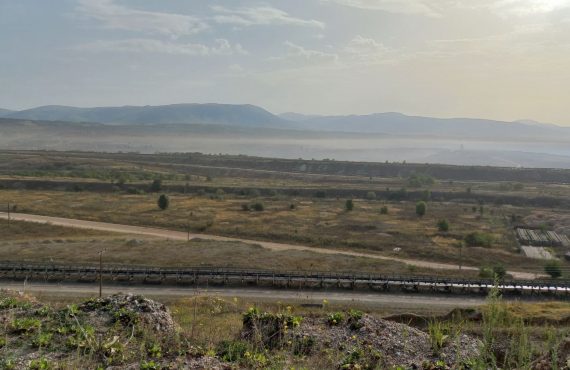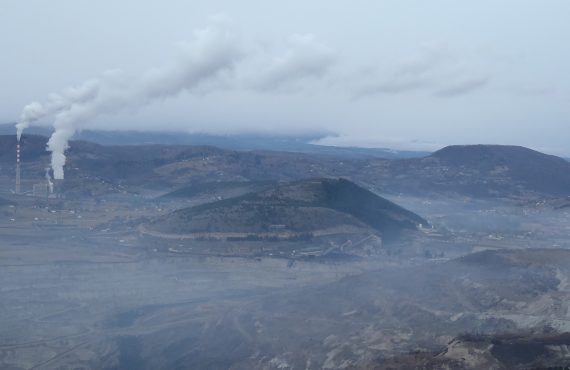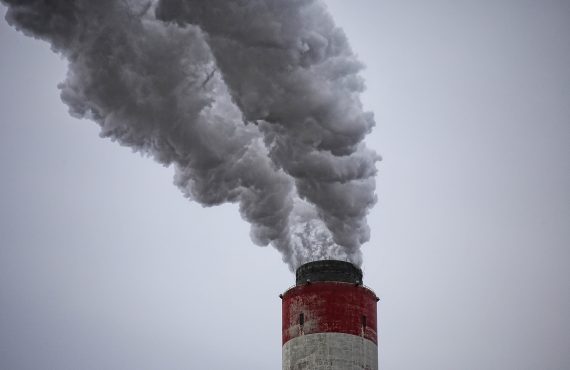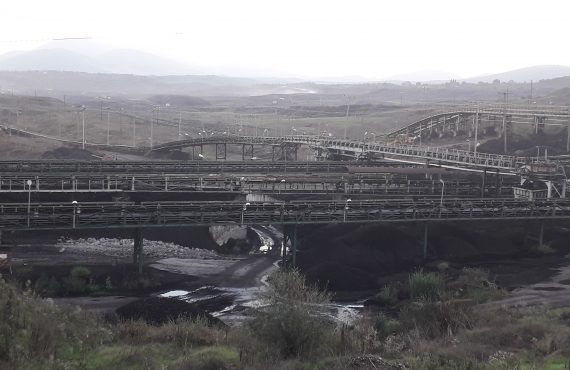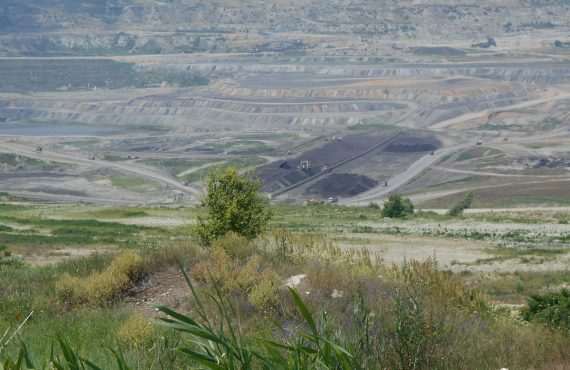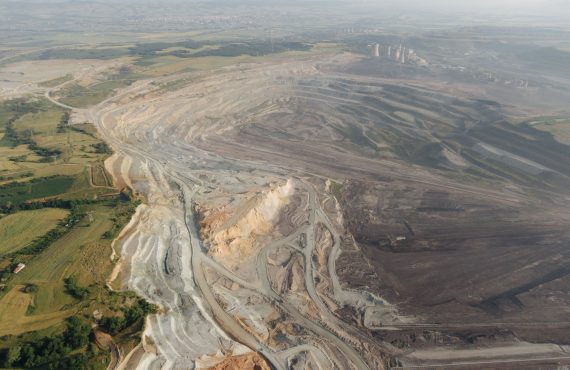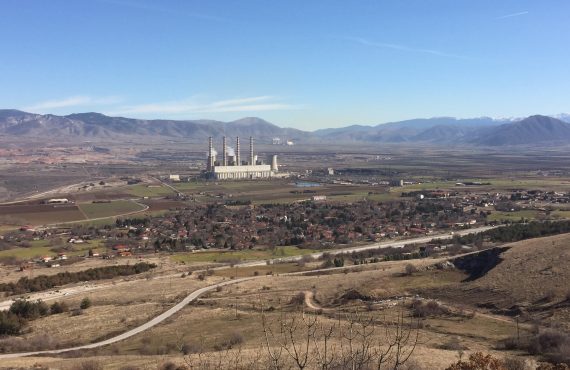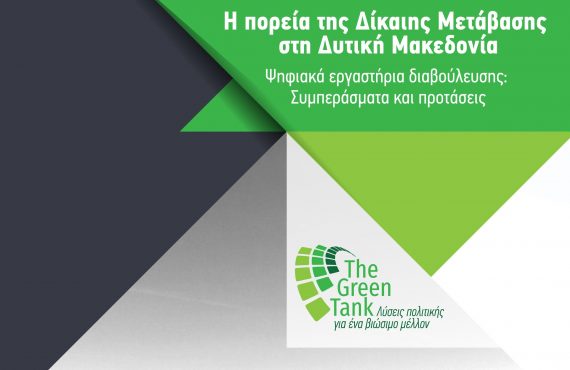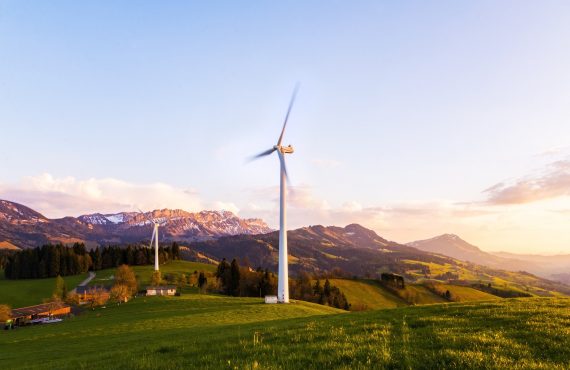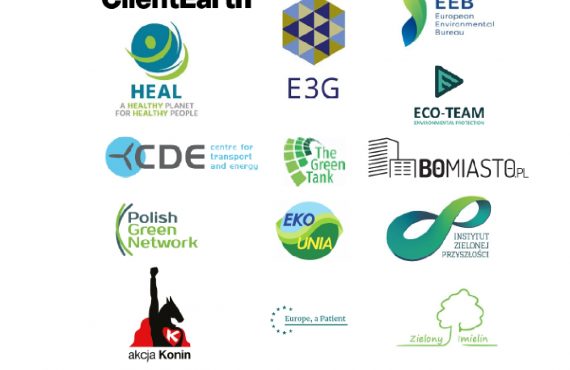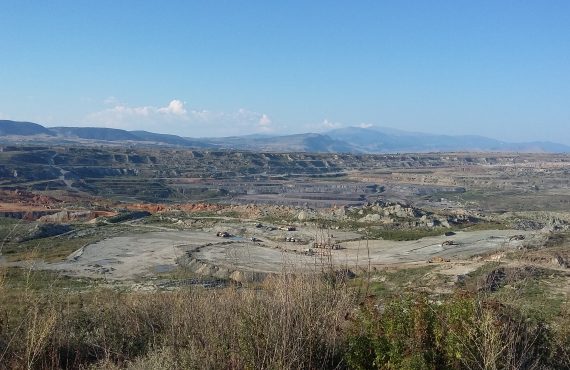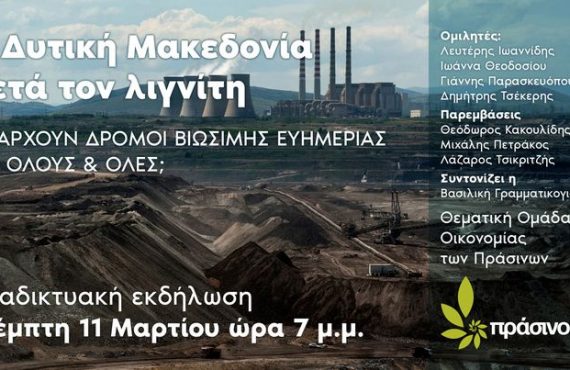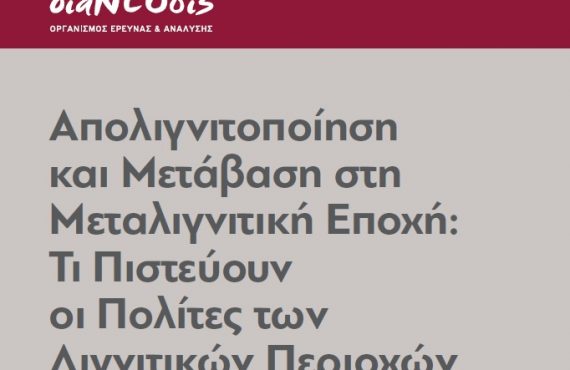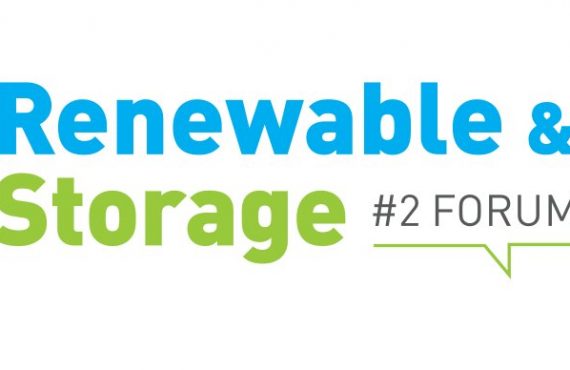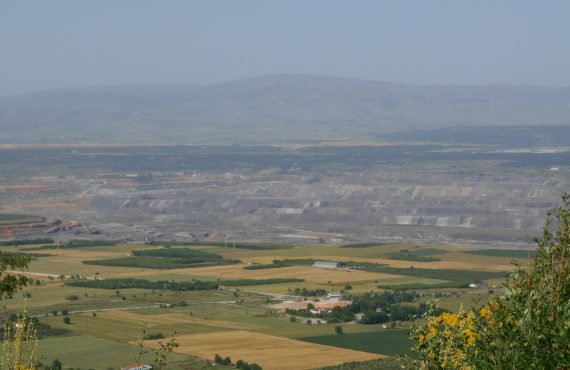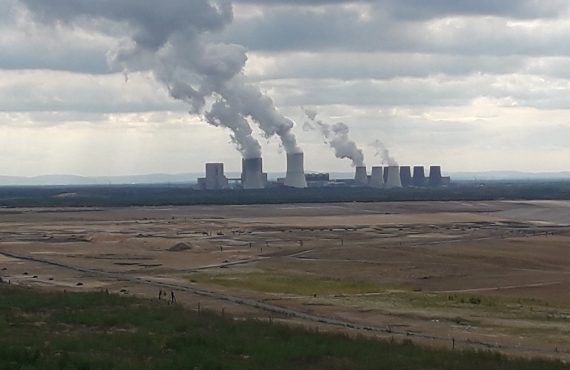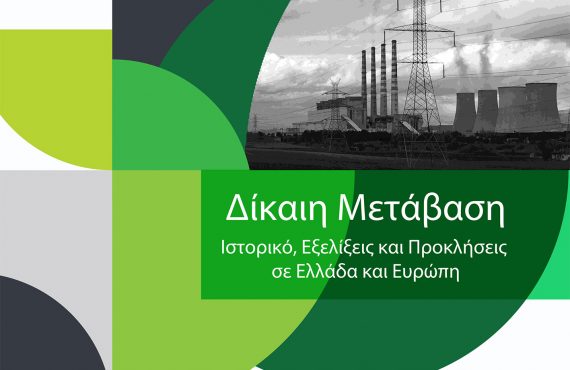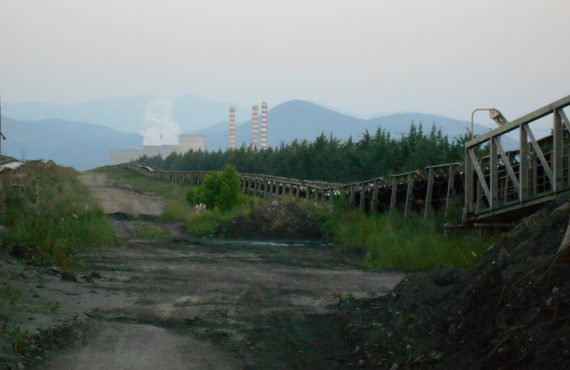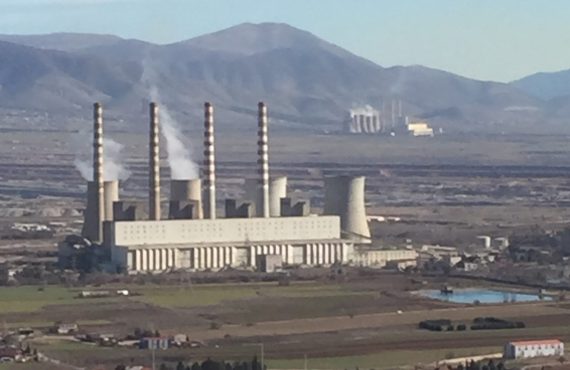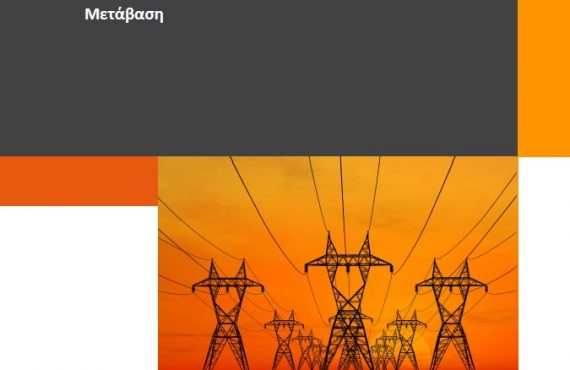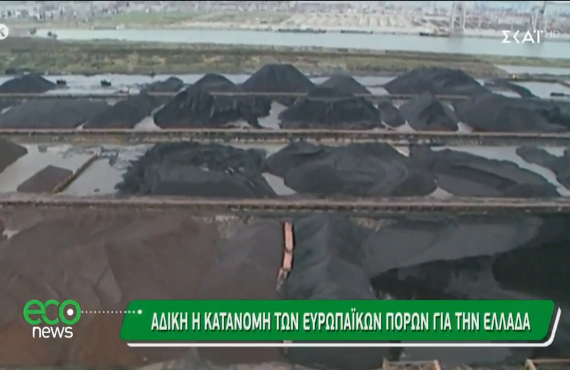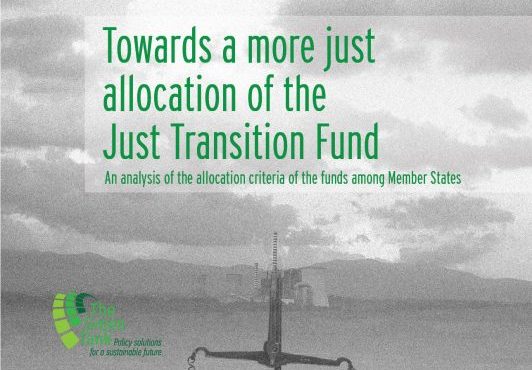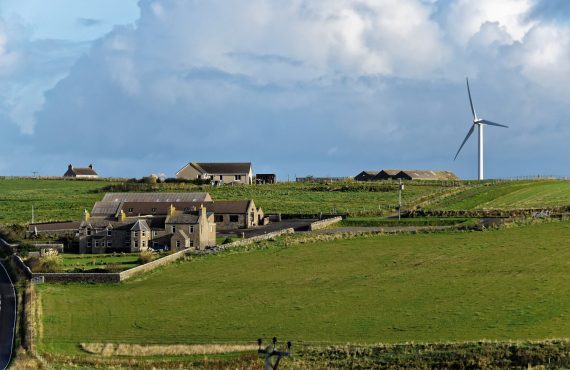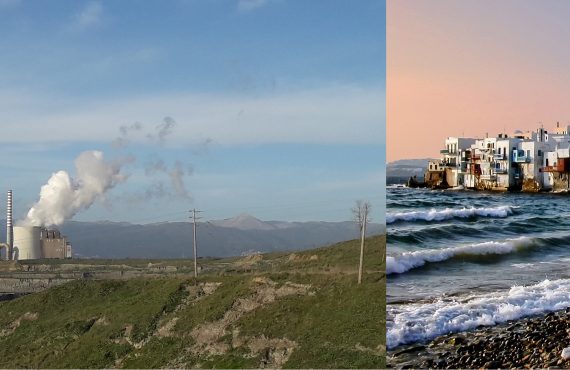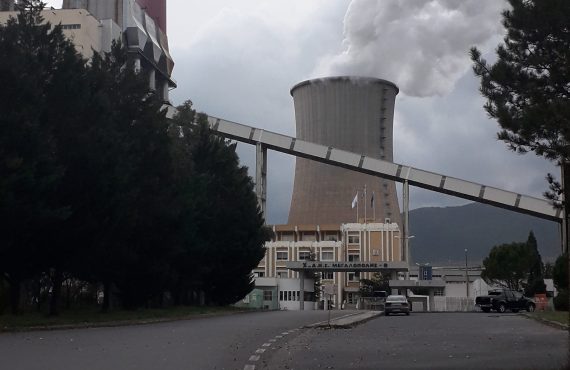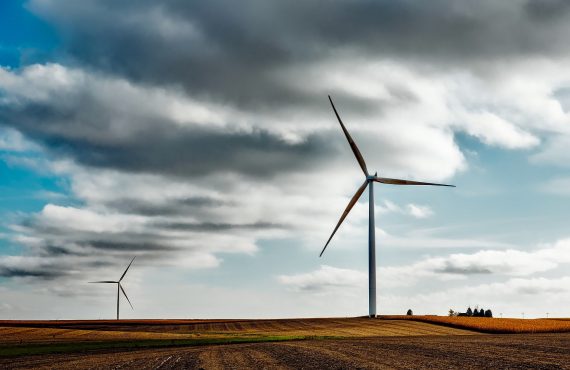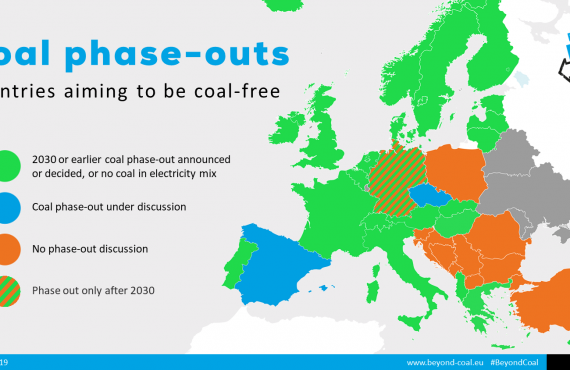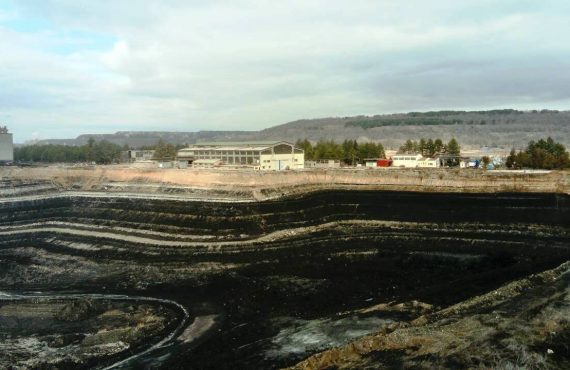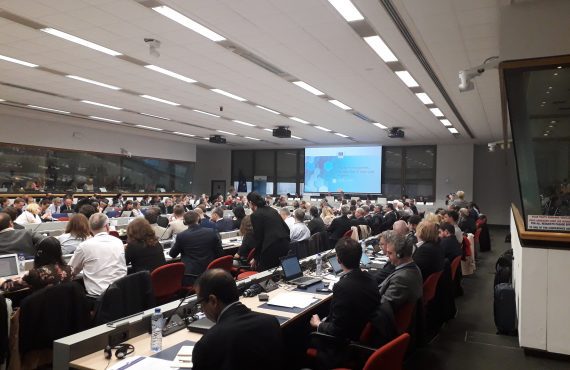The article by Nikos Mantzaris titled “Europe’s Gas Shortage is No Reason to Halt Coal Phase-out” lists the main measures being discussed at the European level to boost lignite production with the aim of rapidly weaning off fossil gas, and explains why they carry the risk of a more permanent – and not just temporary – return to the most polluting fuel on the planet.
It also presents the special case of Greece where the government effectively forces the Public Power Corporation to increase its lignite production, almost canceling the impressive recent progress in the country’s climate performance and preventing the substantial shift that PPC has been attempting over the last 3 years towards sustainability.
The article then focuses on the risk that a structural return to lignite may pose to the particularly difficult and sensitive transition process in Europe’s lignite regions. It finally highlights the potential these regions have to make the transition a reality, as highlighted by the real-life examples of projects described in Green Tank’s recent report “Just Transition in Practice: Sustainable projects in coal regions”
The article was published in Balkan Insight on September 14, 2022.
The full article follows.
Panic-driven announcements about delaying phase-outs of coal threaten to derail the progress EU Member States have made toward meeting clean energy targets.
The Russian invasion of Ukraine and the resulting threat of a gas shortage have triggered a wave of climate conservatism in the many EU Member States, with plans to prolong coal use sitting at the front of this wave.
The European Commission seems to concur. In the recently announced REPowerEU plan, the Commission budgets 2 billion euros for the “delayed phase-out and more operating hours for coal”.
Even more alarming is the Commission’s intention to finance REPowerEU with 20 billion euros from the auctioning of 200-250 million ETS emission allowances currently tucked in the Market Stability Reserve.
Diluting the carbon market this way would be devastating for the overall effectiveness of the EU’s emissions trading system, ETS, its premier climate policy instrument.
A preview of that impact was felt immediately after REPowerEU was announced. The carbon futures dropped to less than 78 €/tn, when the day before the announcement, they were valued over 92 €/tn.
If the measure is finally adopted, it might cause a more permanent depression of carbon prices, leading to a structural rather than a temporary “comeback” for coal, which in turn will threaten the EUs’ overall 2030 climate target.
A largely overlooked victim of a potential “coal comeback” is the Just Transition of EU coal regions. After years of inaction, the EU designated “leaving no one behind” as one of the Green Deal’s three key objectives in equal standing with climate neutrality and nature protection. It established the Just Transition Mechanism with the purpose of financially supporting the sustainable transformation of local economies in EU’s transition regions.
Because of these developments, since 2020, when the Regulation of the Just Transition Fund was first presented, local communities in the EU’s coal regions overcame their denial of the need to change and started envisioning a future without coal. Furthermore, coal-producing Member States, in collaboration with European Commission experts began to draft Territorial Just Transition Plans, a prerequisite for drawing funding from the Just Transition Mechanism.
Progress is still slow; only nine Member States have officially submitted plans so far; it may, however, become even slower if Member States opt to return to coal instead of accelerating their transition to clean energy, as a means of tackling gas shortages.
Therefore, the signals are contradictory: on one hand, the Member States, aided by the European Commission, are working to shift the local economies in coal regions towards sustainable economic activities; on the other, several of them, with the Commission’s blessing and support, are preparing to prolong coal use, completely sidetracking the public debate in coal regions and inhibiting Just Transition in practice.
Greece is a prime example of this contradiction. Since 2019, it has had the most forward-bearing timeline for a phase-out of lignite (brown coal) among all lignite producing countries in the EU, committing to retire existing plants by 2023, and leaving only one to operate until 2028, or even 2025, as the Public Power Corporation PPC has repeatedly insisted on.
Beyond announcements, Greece has already achieved the largest decrease in lignite use, with a drop of more than 80 per cent during the last decade, from 2012 to 2021, with the decreasing trend persisting in the first semester of 2022.
Almost exclusively because of this radical drop in lignite-based electricity production, Greece achieved an impressive reduction in its overall net greenhouse gas emissions, bringing the country much closer to the EU average. Just a few years ago, Greece was among the worst climate performers in the EU.
Moreover, the PPC which owns all of Greece’s lignite plants, in less than three years has drastically transformed from a lignite-centered power company to one of the pioneers of clean energy transition in Greece, with massive increases in its renewables capacity, the largest share of which is currently being installed in former lignite mines.
On top of all these striking changes, Greece recently became the first Member State to obtain the European Commission’s official approval for its three Territorial Just Transition Plans, two of which will channel more than 1.4 billion euros into the economic transformation of Greece’s two lignite regions.
Yet, despite this impressive progress on both the climate performance and Just Transition fronts, some opinion makers in Greece are using the gas price crisis to advocate for a total recall of lignite and to change the country’s National Energy and Climate Plan.
Such calls neglect basic facts, such as the limited hours of operation remaining available for Greece’s lignite plants. Any lifetime extension beyond these limits would require expensive retrofits to ensure compliance with the Industrial Emissions Directive. They also bypass the fact that PPC has signed three sustainability-linked bonds worth almost 1.3 billion euros whose clauses will be violated if the company is forced to burn more lignite.
Greek and EU independence from Russian gas will be achieved more economically by the accelerated deployment of renewables up to their true potential, by increasing energy efficiency, expanding electricity grids and constructing electricity storage facilities.
Making such policy choices, instead of returning to coal, will not only ensure steady climate progress, but is the most respectful towards the local communities in coal regions that have sacrificed their health and quality of life for decades in order to support economic growth.
There is already a multitude of actual, sustainable projects in coal regions across the EU. We summarized the most representative examples from seven categories in our recent report, “Just Transition in Practice: Sustainable projects in coal regions”, aimed at supporting Member States currently planning their transition away from coal. These examples show that the sustainable transformation of deeply coal-dependent regional economies is not only feasible but can also provide long-term socio-economic benefits for local communities.
EU citizens from coal regions deserve better than contradictory political choices and panicky “back-and-forths” in major energy policy decisions on coal phase-outs. They threaten to derail the Just Transition process before it even gets off the ground.



